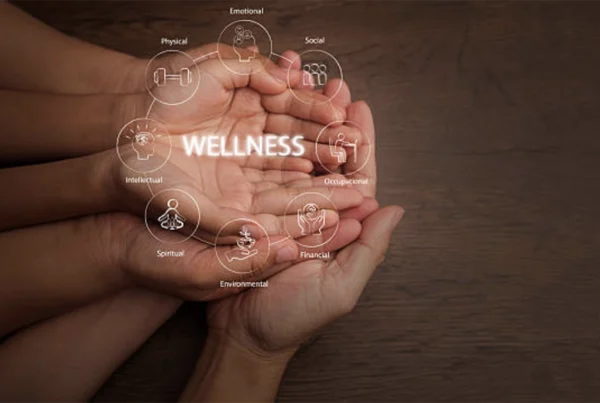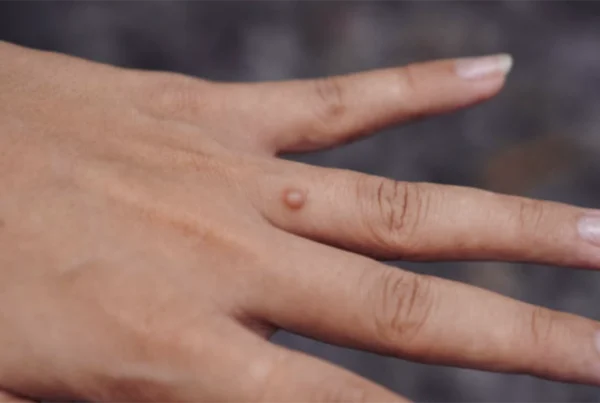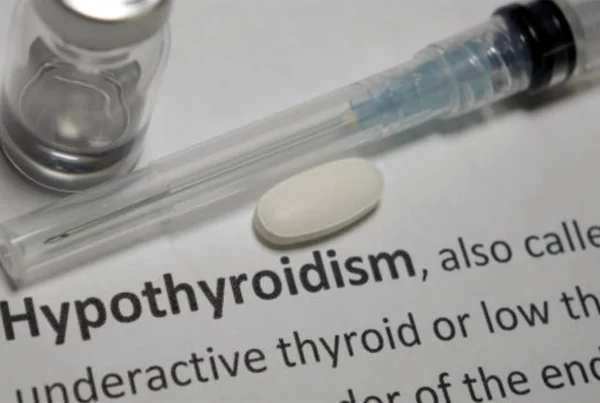Wellbeing Magazine speaks to Michael Lingard of Buteyko Kent and Asthma Care Kent
Michael Lingard trained as economist, statistician and accountant, working as a Financial Analyst with Fords (UK) Tractors & O & M Consultant and then as Operational Research Consultant with Hawker Siddeley Group Management Services. Having spent two years as university lecturer he then joined his wife as a restaurateur. Later Michael decided to retrain as an Osteopath at the European School of Osteopathy, established one of the first Holistic Clinics in 1981. Six years ago Michael took an interest in the Buteyko Method, driven by a desire to help create a revolution in medicine, to shift the dominant emphasis from pathology and disease to ethology and health. Despite commercial and establishment influences resisting such changes, Michael believes the public & economic pressures will eventually prevail.
Q: What is your approach to health
I am passionate about the work of Professor Konstantin Buteyko who identified one of the major factors contributing to so many diseases of modern man, namely chronic hidden hyperventilation or in simple terms “over-breathing”. I describe this as the 21st Century Epidemic in a YouYube video www.youtube.com/watch?v=DF0Kv36r4mk
It has taken over a century to have the significance of our structure recognised as an important factor in our health, only in recent years has the effect of diet on our health been accepted but modern medicine still has not recognised the vital importance of good breathing on our health. Professor Buteyko claimed over 150 modern diseases were associated with chronic hidden hyperventilation, it is possible that over 90% of the population in the West habitually over-breathe. All the symptoms and conditions associated with over-breathing are currently treated principally with drugs to ameliorate or suppress them. The ‘catch 22′ is that, not unreasonably, the medical profession demands more clinical research proof of this relationship between hyperventilation and disease.
The funding for over 95% of clinical research comes from drug companies. However teaching people to normalise their breathing with the Buteyko Method invariably reduces the need for drugs (asthmatics on average are able to reduce their reliever medication by up to 90% and preventer medication by up to 50%).
No self-respecting drug company is willing to fund research that would demonstrate patients could manage with less medication. Thus it is left to the public to vote with their feet & their wallets and to put pressure on their doctor to offer this training on the NHS. With asthmatics alone the NHS could save millions of pounds by offering Buteyko training, two doctors have already demonstrated this in their own practices.
I spend a lot of time trying to get this message across to anyone who will listen. I find that no one ever breathes the same after listening to an introductory talk on this subject, once people have the facts and the understanding they begin to change their habits for the better, surely this is the best kind of health care?
Q:What are your business ethics?
- Believe in what you do.
- Give your best service and advice.
- Respect the individual. No one size fits all.
- Give value for money
- Be honest
- Don’t make exaggerated therapy claims
- Never destroy hope that things may get easier. we don’t have crystal balls
- If you want to improve your patient care, care for your patient.
Q: What motivates you?
An ardent belief that we could all be healthier and happier if given a chance.
The fundamentals of a long healthy life are quite simple but we have lost this understanding and are encouraged to believe that we all need medical intervention from birth to death for every ill we might suffer. There are people like the Hunzas of the Himalayas who enjoy such a life, the men still playing polo at 90 years of age. Unfortunately there is less money in health promotion compared with disease management and in our materialistic world this counts!
How many sessions do your clients need to see results?.
The full Buteyko Course consists of five sessions of 90 minutes over two weeks, usually clients begin to experience improvements in their conditions within days of starting training.
Q: What are the results by learning the Buteyko Method?
Everyone who has completed the course has been pleased with the improvements in their general health and wellbeing and have realised that they have been given the skills to help them take better control of their health for life. Learning to breathe normally may take time but can be life transforming. Real healthcare re-empowers the patient, this is exactly what the Buteyko Method does.
Q: How much does a Buteyko course cost?
The full cost of a Buteyko Course is about the cost of a full car servicing but unlike your car this is a once in a lifetime cost. The course includes five 90 minute training sessions, two follow-up sessions, twelve months follow-up telephone or email support, text book, work book and other literature and ButeykoKent provides Capnography tests to establish quality clinical data at no extra charge. Adult fees of £340 & children £240 for children receive a 10% discount if paid at start of the course and additional family members are charged at £100 each.
Q: What are the challenges?
The main challenge for all Buteyko Educators is the challenge of changing an almost universal mindset among the general public and many doctors that breathing is naturally fine, that everyone breathes normally from birth with the exception of those with asthma or other respiratory conditions and that the bigger our breaths and the more we breathe the better our health. The truth is that up to 90% of the population in the West breathe badly, they breathe too much, often erratically and usually mouth breathe rather than using their noses for breathing. Over-breathing or hyperventilation, put very simply, makes us ill. It is the underlying problem of every asthmatic and practically every person diagnosed with a heart condition, diabetes, panic attacks, anxiety, ME, IBS, sleep apnoea or other common diseases will be found to be breathing two to three times more air per minute than normal. This always contributes to their disease symptoms and if eliminated there is usually a major reduction in symptoms, reduced need for medication and general improved well-being. Changing this mind set is truly a great challenge for us all. A wise Chinese sage Lao Tszu (300BC) summed it up with his saying ‚”The perfect man breathes as though he is not breathing”, how far this is from the teaching most of us have received since childhood, that the more you breathe the better!
Q: What are your long terms plans?
Together with other Buteyko Educators worldwide I hope we can convince the medical profession of the vital importance of good breathing to the point that training such as the Buteyko Method becomes an integral part of mainstream medicine. This would save billions of pounds spent on drugs and medical interventions, improve the health of millions and almost certainly extend the lives of many who are currently the victims of chronic hidden hyperventilation with the usual cocktail of many drugs that suppress or ameliorate the symptoms due to their dysfunctional breathing.
Food for thought
Since training as an osteopath, over thirty years ago I have been driven by a belief that we are heading for a medical disaster unless there is a change in priorities, most of our resources are devoted to pathology; disease diagnosis, management and perhaps disease prevention, only minimal resources are directed towards health promotion and education. With the exception of surgery and acute emergency medicine I feel we are going through ‘The Dark Ages of Medicine’, “a pill for every ill” is good for the drug companies but not for the health of individuals or the nation. If I can help change this resource imbalance a little I will be pleased with my work.

Photos from orthotropic dental work that involves correction of breathing and muscle development but does not usually use braces or tooth extraction.
I recently attended a seminar of orthodontists who are also interested in the impact of poor breathing habits on the dental and developmental health of their patients, a fellow Buteyko Educator from Ireland was giving them a talk on the Buteyko Method. His talk was received well, as this group of orthodontists have recognised the importance of correct breathing on our early development. ‚”Beautiful children need to breathe normally, bad breathing habits may lead to a crowded teeth and disfigured or poorly developed cranial structure, or to put it bluntly, an ugly child and adult! “This is not new thinking, this idea was written about over a hundred years ago by an artist who painted the indigenous people of north and south America. He noticed how well formed and how healthy the indigenous people were compared with the immigrant population, it led him to write a book on the subject entitled “Shut your mouth and save your life” by George Catlin 1891
I am currently working with a computer expert on a Buteyko App for Android and iphone use. It will be free and will offer an introduction to the Buteyko Method and much more.
I am hoping it will help spread the word about this health promoting concept and make the basic training available to everyone. I would prefer there is no announcement of this until it has been beta tested.
Michael Lingard
BIBH trained 2004 (DO 1981)
TotalHealthMatters!,
St Bridgets, Rye Road,
Hawkhurst
Kent TN18 5DA
01580 752852
lingard@ totalhealthmatters.co.uk
asthmacarekent.co.uk (Buteyko training for asthmatics)
buteykokent.co.uk (General information about Buteyko )
totalhealthmatters.co.uk (Devoted to promoting health)





